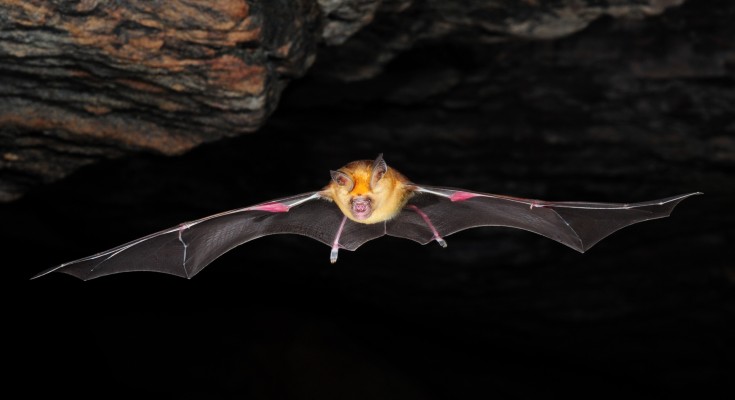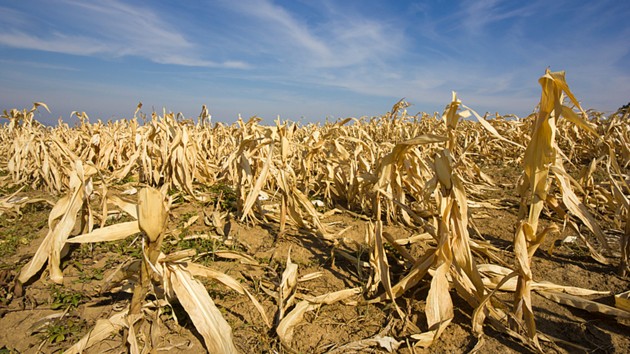
Diversity in bat communities predicts coronavirus prevalence
Magdalena Meyer, Dominik Melville and colleagues study coronavirus infections in bats, and find that coronavirus prevalence is higher in less diverse bat communities.

Magdalena Meyer, Dominik Melville and colleagues study coronavirus infections in bats, and find that coronavirus prevalence is higher in less diverse bat communities.

